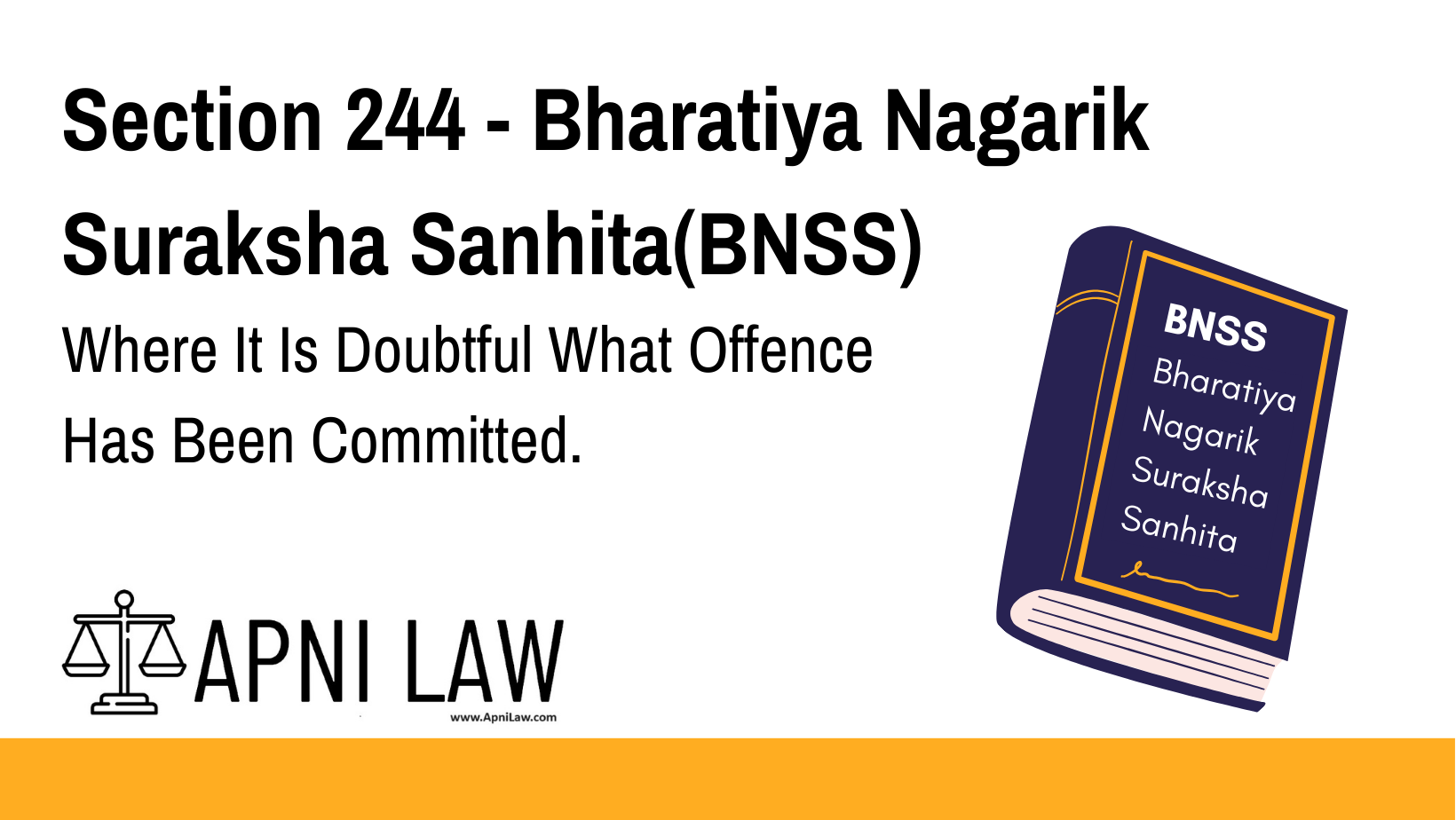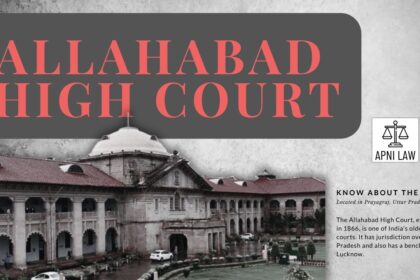Code:
(1) If a single act or series of acts is of such a nature that it is doubtful which of several offences the facts which can be proved will constitute, the accused may be charged with having committed all or any of such offences, and any number of such charges may be tried at once; or he may be charged in the alternative with having committed someone of the said offences.
(2) If in such a case the accused is charged with one offence, and it appears in evidence that he committed a different offence for which he might have been charged under the provisions of sub-section (1), he may be convicted of the offence which he is shown to have committed, although he was not charged with it.
(b) In the case mentioned, A is only charged with theft. It appears that he committed the offence of criminal breach of trust, or that of receiving stolen goods. He may be convicted of criminal breach of trust or of receiving stolen goods (as the case may be), though he was not charged with such offence.
(c) A states on oath before the Magistrate that he saw B hit C with a club. Before the Sessions Court A states on oath that B never hit C. A may be charged in the alternative and convicted of intentionally giving false evidence, although it cannot be proved which of these contradictory statements was false.
Explanation:
This section deals with the situation where the nature of the act committed by the accused is ambiguous, and it is unclear which specific offense the proven facts constitute.
- Sub-section (1): This subsection allows the prosecution to charge the accused with multiple offenses related to the ambiguous act. They can either charge the accused with all possible offenses or choose to charge them with any combination of these offenses. All these charges can be tried simultaneously. Alternatively, the prosecution can charge the accused with only one of the possible offenses, which is known as charging in the alternative.
- Sub-section (2): This subsection states that even if the accused is charged with only one offense, and the evidence presented during the trial suggests they committed a different offense that could have been charged under sub-section (1), they can still be convicted of the offense proven by the evidence.
Illustrations:
- (a): If a person is accused of an act that could be either theft, receiving stolen property, criminal breach of trust, or cheating, they can be charged with all four offenses or any combination of them.
- (b): In the same scenario, if the accused is charged only with theft but the evidence suggests they committed criminal breach of trust or receiving stolen property, they can be convicted of either of these offenses.
- (c): If a witness gives contradictory statements under oath in two different proceedings, they can be charged with intentionally giving false evidence, even if it is not clear which statement is actually false.
Common Questions and Answers:
- Q: Can the accused be convicted of an offense they were not charged with?A: Yes, if the evidence presented during the trial proves that the accused committed an offense different from the one they were charged with, but falling under the scope of Section 244(1), they can be convicted of the proven offense.
- Q: What is the purpose of allowing alternative charges?A: The purpose is to ensure that the accused can be convicted of the offense that is actually proven, even if the initial charges were based on an incomplete understanding of the facts.








